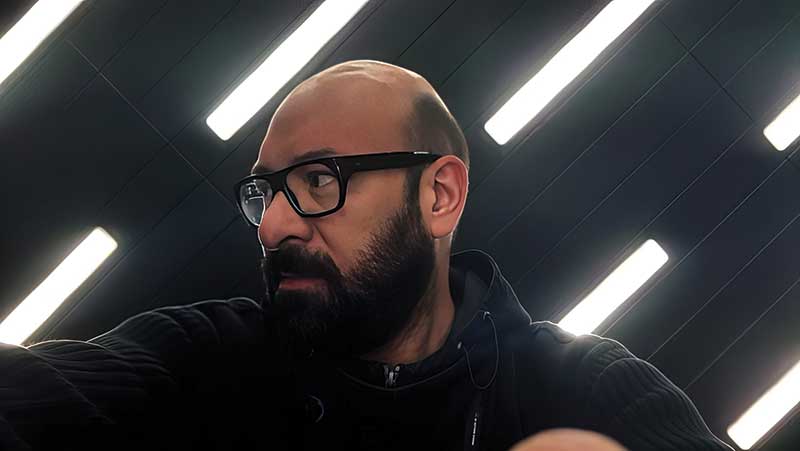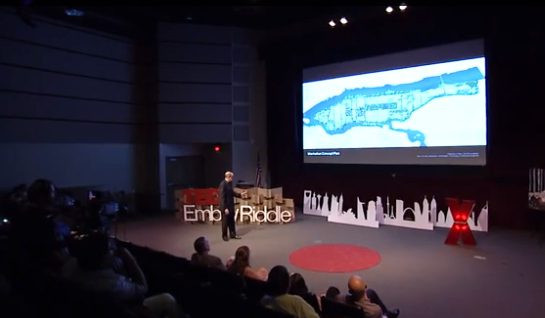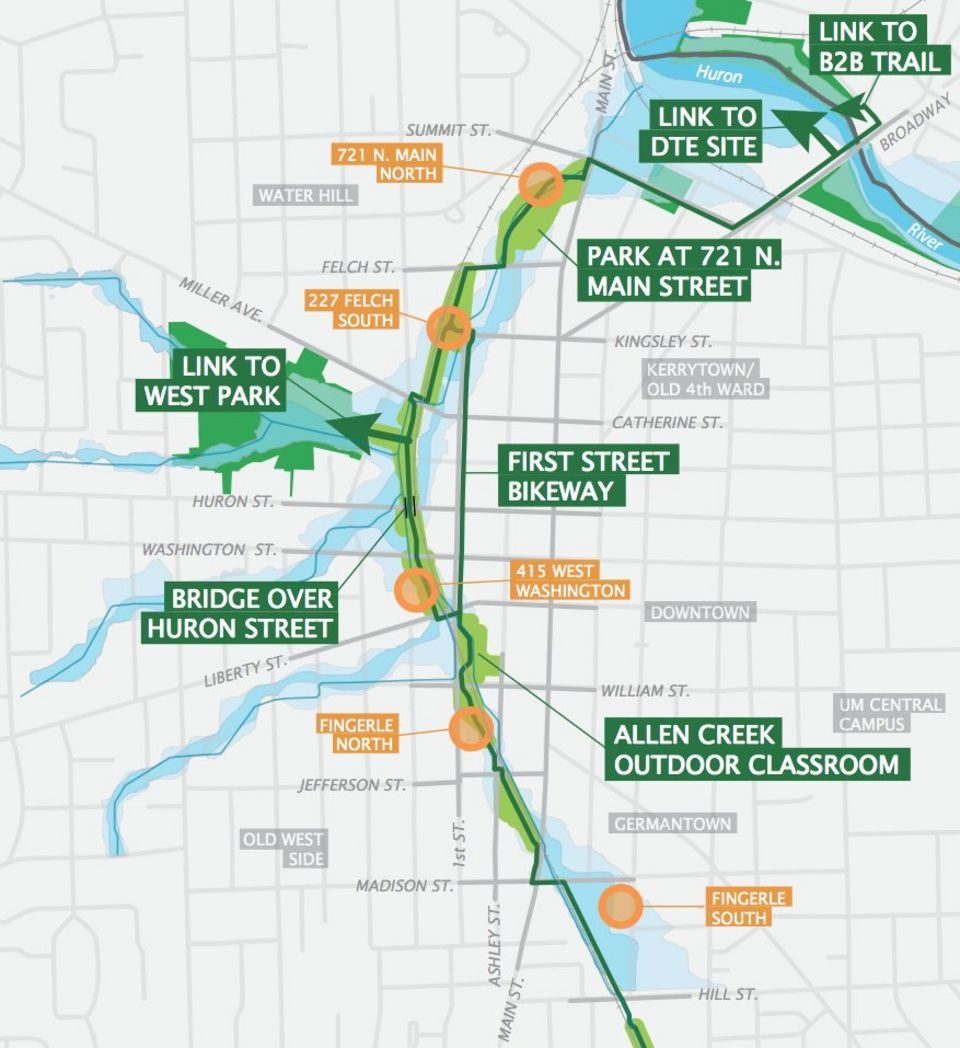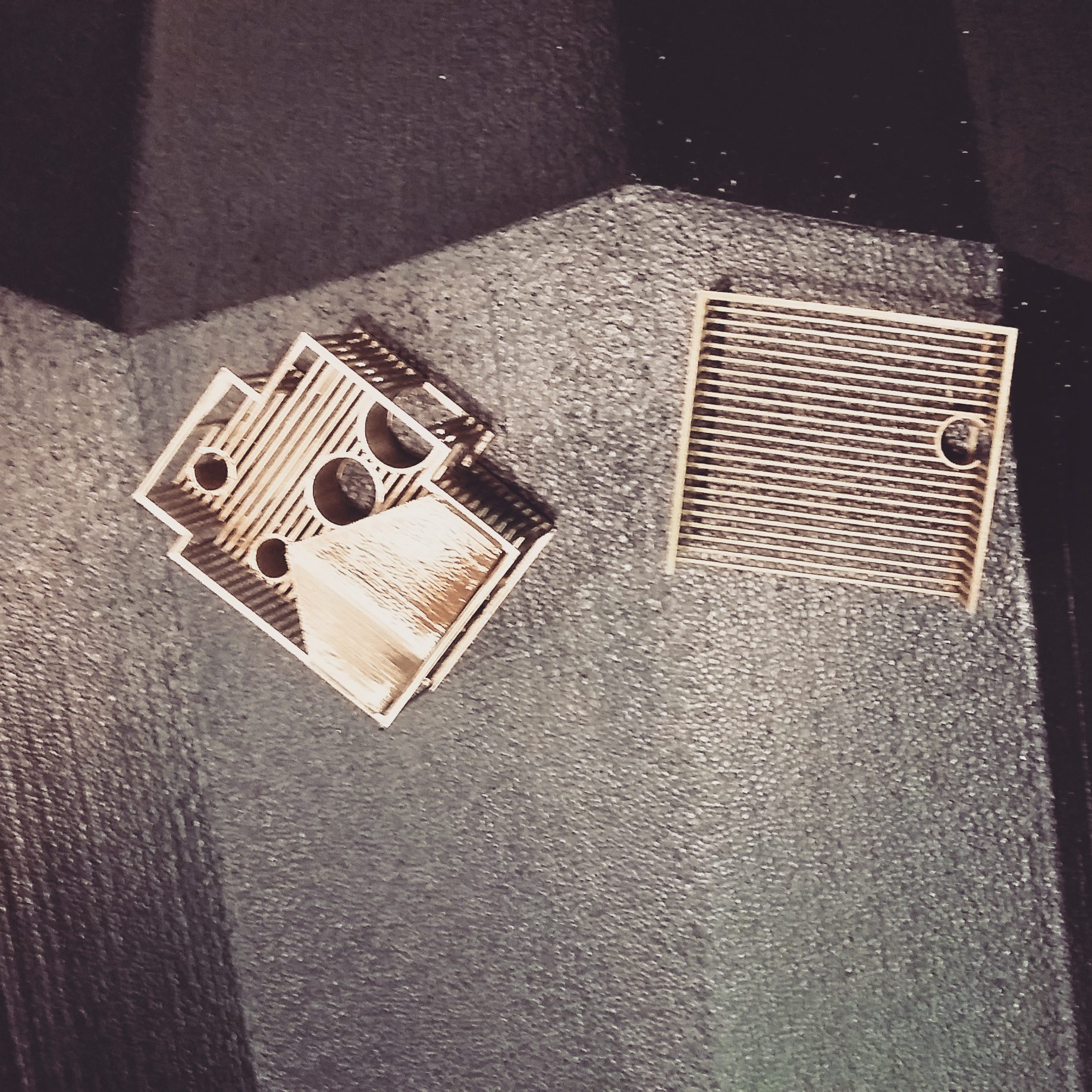
Matias del Campo, associate professor of architecture, has received the 2023 Provost’s Teaching Innovation Prize (TIP) for his project “Architecture and Artificial Intelligence.” The University of Michigan’s Office of the Provost presents the award to recognize faculty who have developed an innovative project and encourage the dissemination of best practices.
TIP awards $5,000 to five faculty members for their innovative projects to improve student learning. The prize recognizes faculty projects that have structures to support student well-being, strategies to re-activate student engagement following pandemic learning, and anti-racist teaching and innovations to disrupt patterns of educational disenfranchisement.
Del Campo’s “Architecture and Artificial Intelligence” is a set of interdisciplinary seminars and studios that introduce architecture students to artificial intelligence in architecture design. It applies two distinct perspectives—expediency and ethics—to the skill-building and theory teaching of AI. Students work on hands-on exercises with AI tools, from ready-made applications to cloud computing solutions such as GitHub, Google Colab, and online datasets. The courses are set up as interdisciplinary endeavors in collaboration with computer science and robotics.
The goal of the courses is not only to teach students the technological implications of AI, but also to respond to aspects of racial diversity, equality, and inclusion when building datasets for a more just architectural approach. Two currently offered courses that address these issues at Taubman College are ARCH 509 “Architecture and Artificial Intelligence,” and the thesis studio ARCH 662 “3[D], Data, Dreams, and Diffusions.”
Del Campo currently serves as the director of The Architecture and Artificial Intelligence Laboratory (AR2IL) at the university. He researches advanced design methods in architecture, primarily through the application of artificial intelligence techniques in collaboration with the Computer Science Department and Michigan Robotics, where he is also an affiliated faculty member.









